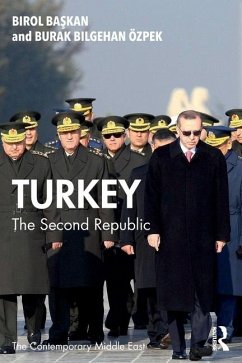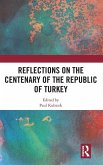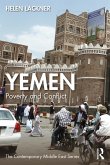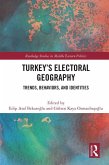Focused on the rise of the Justice and Development Party (AKP) over the last two decades, this book discusses and contextualizes key events and developments in Turkish politics, economics and foreign policy.
The authors begin by exploring the longer-term historical trends that shaped the country, focusing on Ottoman and Republican legacies, culminating in the formation of the modern state in Turkey. This context, it is argued, is key in understanding the AKP's emergence since 2002 as the preeminent political power. The book further argues that the AKP achieved this position due to political maneuvers aimed at undermining military influence within politics, its management of the economy and its approach to foreign policy. These three domains are dealt with in successive chapters to help explicate how the AKP built broad societal coalitions and consolidated its power. The book concludes by analyzing contemporary developments: in the face of mounting economic and political challenges, the fate of the AKP, and of Turkey, remain uncertain.
Written in an accessible style and grounded in data-driven analysis, the book will appeal to journalists, policymakers, researchers and general audiences interested in the contemporary Middle East, Turkish political economy and international relations.
The authors begin by exploring the longer-term historical trends that shaped the country, focusing on Ottoman and Republican legacies, culminating in the formation of the modern state in Turkey. This context, it is argued, is key in understanding the AKP's emergence since 2002 as the preeminent political power. The book further argues that the AKP achieved this position due to political maneuvers aimed at undermining military influence within politics, its management of the economy and its approach to foreign policy. These three domains are dealt with in successive chapters to help explicate how the AKP built broad societal coalitions and consolidated its power. The book concludes by analyzing contemporary developments: in the face of mounting economic and political challenges, the fate of the AKP, and of Turkey, remain uncertain.
Written in an accessible style and grounded in data-driven analysis, the book will appeal to journalists, policymakers, researchers and general audiences interested in the contemporary Middle East, Turkish political economy and international relations.









